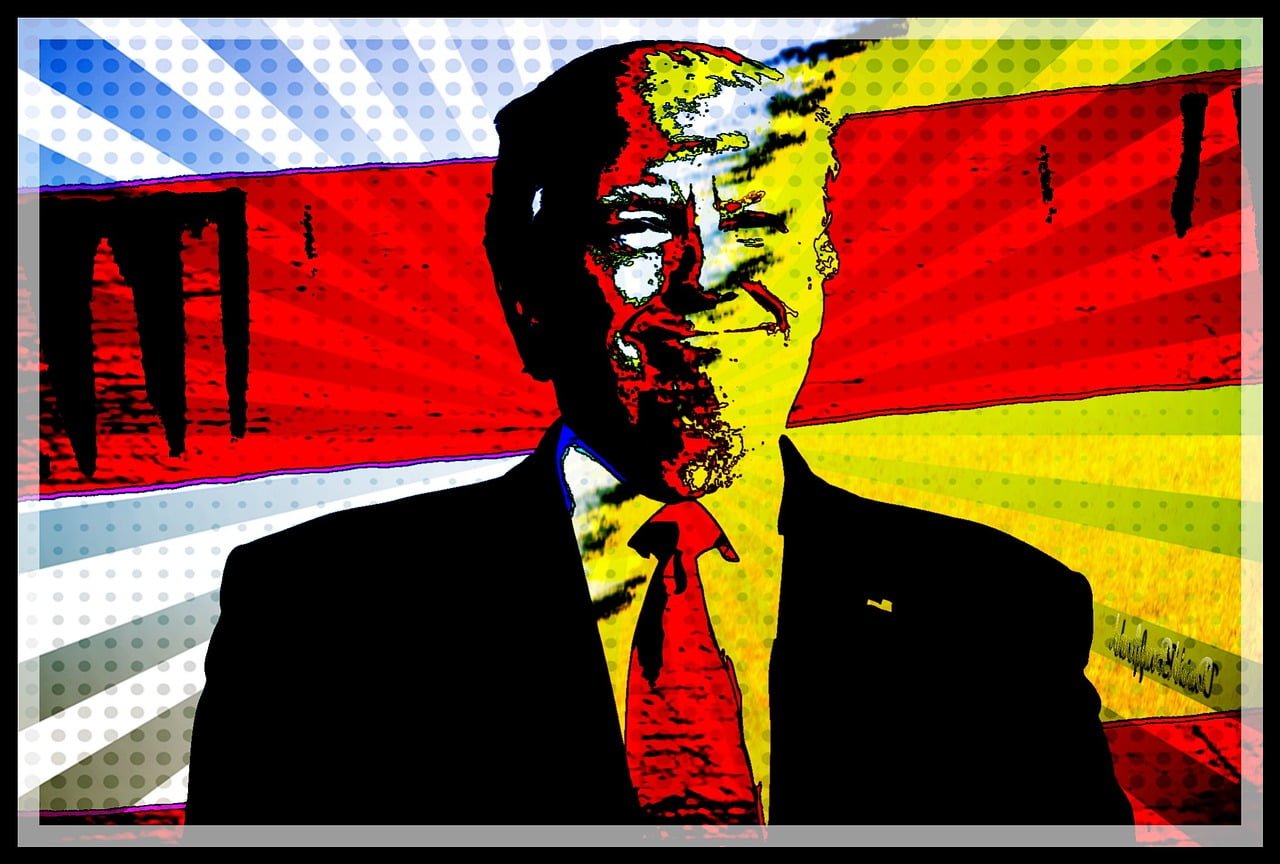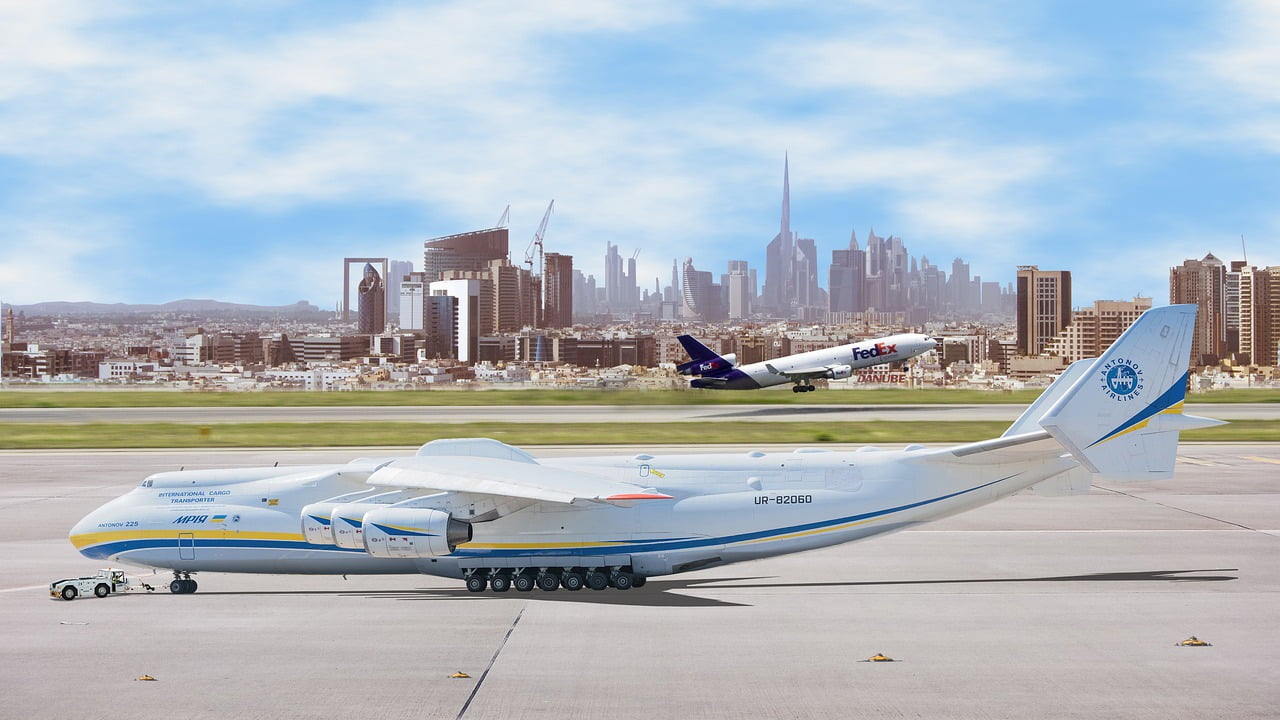The European Investment Bank (EIB) has approved 1.5 billion euros in financing for the Trans-Adriatic Gas Pipeline (TAP) currently being constructed to transit Azerbaijani gas to markets in Europe. Advocacy groups had tried to pressure the bank to reject funding, citing human rights abuses in Azerbaijan and the negative environmental impact of the pipeline.
The financing, one of the largest loans ever offered by the EIB, will enable the pipeline developers to progress through the capital-intensive construction phase of the project and should enable the pipeline to begin gas deliveries in 2020 as planned.
The EIB's plans to fund TAP are supported by the European Union, which views TAP as an integral part of its long-mooted "Southern Gas Corridor" (SGC) to bring Caspian gas to central and southeastern Europe with the aim of breaking the near monopoly that Russia holds in those markets.
The decision, which was taken at the first EIB board meeting of 2018, had been expected to be announced at a previous meeting on December 11th but was apparently delayed to avoid coinciding with a climate change summit in Paris called by French President Emmanuel Macron to mark the second anniversary of the Paris climate agreement.
In November last year the SGC was included in the European Commission's priority list of "Projects of Common Interest.” But the EIB it has been criticized by environmental groups which point out that the decision runs counter to the European Union's supposed support for cutting carbon emissions and fighting climate change.
Xavier Sol, director of Counter Balance, an alliance of European NGOs campaigning to prevent negative impacts resulting from major infrastructure projects, described the EIB's decision to fund TAP as "a historic mistake" given the EIB's status as "a self-styled green-finance champion.” He also accused the bank of disregarding the "problematic human rights situation in Turkey and Azerbaijan.”
Work on the line's onshore section in Italy last year led to clashes between police and environmental protestors who objected to the uprooting of historic olive groves.
The TAP pipeline is being developed by a consortium of British, Italian, Belgian, Spanish and Swiss companies along with the Azerbaijan state oil company, SOCAR.
The line will have a capacity of 20 billion cubic meters of gas per year, and initially will carry half that amount from Azerbaijan's Shah Deniz gas field via the Trans-Anatolian Pipeline (TANAP). The first stage of TANAP is nearing completion, partly funded by the European Bank of Reconstruction and Development (EBRD).
In October, the EBRD approved a $500 million loan to the SOCAR-led consortium developing TANAP, in spite of Azerbaijan's withdrawal from the Extractive Industries Transparency Initiative (EITI), a body promoting transparency in the oil and mining sectors.
The EBRD was criticized for having relaxed its previous insistence that funding was conditional on compliance with EITI rules. It announced its decision shortly after the newspaper The Guardian published an expose of the "Azerbaijani Laundromat,” a network by which Baku had funneled nearly $3 billion to influential organizations and individuals in Europe in an effort to promote development of the SGC and to blunt criticism of its human rights record.
Slated to begin operations in June this year, TANAP will initially supply up to six billion cubic meters per year of Azeri gas to Turkey, with a further ten billion to be transited to the Turkey-Greece border for supply to TAP, and then on to Italy once that line is completed in 2020.
Both lines boast considerable spare capacity: ten billion cubic meters per year in TAP, and 15 billion for TANAP.
As yet, developers have not announced any decision on how they plan to fill the lines. Baku has stated its preference for the lines to carry only Azeri gas, while Turkish officials have at various times suggested that the lines could also carry Iraqi, Iranian or even Israeli gas from the East Mediterranean.
Article by EurasiaNet






